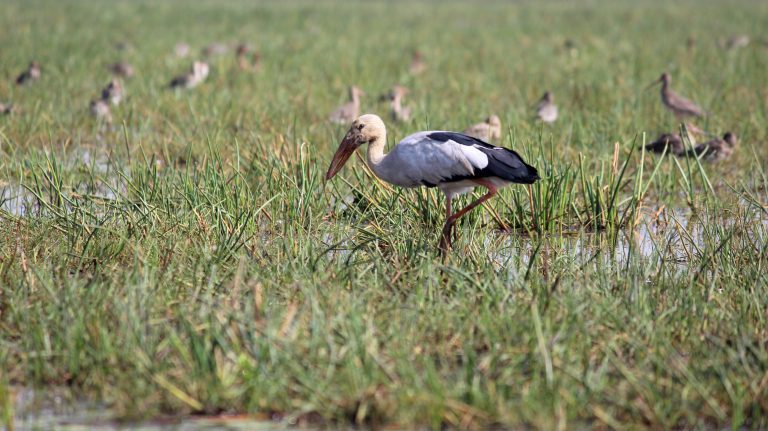India’s Unique Water Purification Wetland Could Soon Become Extinct

KOLKATA, India, Jan 31 2020 (IPS) – Ramkumar Mondal’s farm is awash in a brilliant yellow mustard bloom. A flock of grey cranes peck for food amidst the shallow watergrass. But Mondal’s fishpond digs in there like a do-or-die last sentinel as nearby high-rise buildings, a symbol of development and encroachment, menacingly tower over the fishpond, permanently blocking the eastern sun so essential for the pondwater to convert sewage into fish-feed. Mondal’s fishpond is part of the East Kolkata Wetlands (EKW), spread over 12,500 hectares in coastal West Bengal’s Kolkata city in eastern India that “promotes the world’s largest wastewater-fed aqua culture system,” Shalini Dhyani, a senior scientist at India’s Council of Scientific & Industrial Research (CSIR)-National Environmental Engineering Research Institute (NEERI), told IPS. EKW was designated a Ramsar site in 2002 under the convention and identified as a perfect example of the “wise use” of a wetland ecosystem. Currently, everyday some one billion litres of wastewater, an estimated 30 to 50 percent of the sewage from central Kolkata, is drained into, treated and reused by the fishponds and again drained out to rice and vegetable farms from where, in about 30 days, the water drains into the sea.
Read More
.

